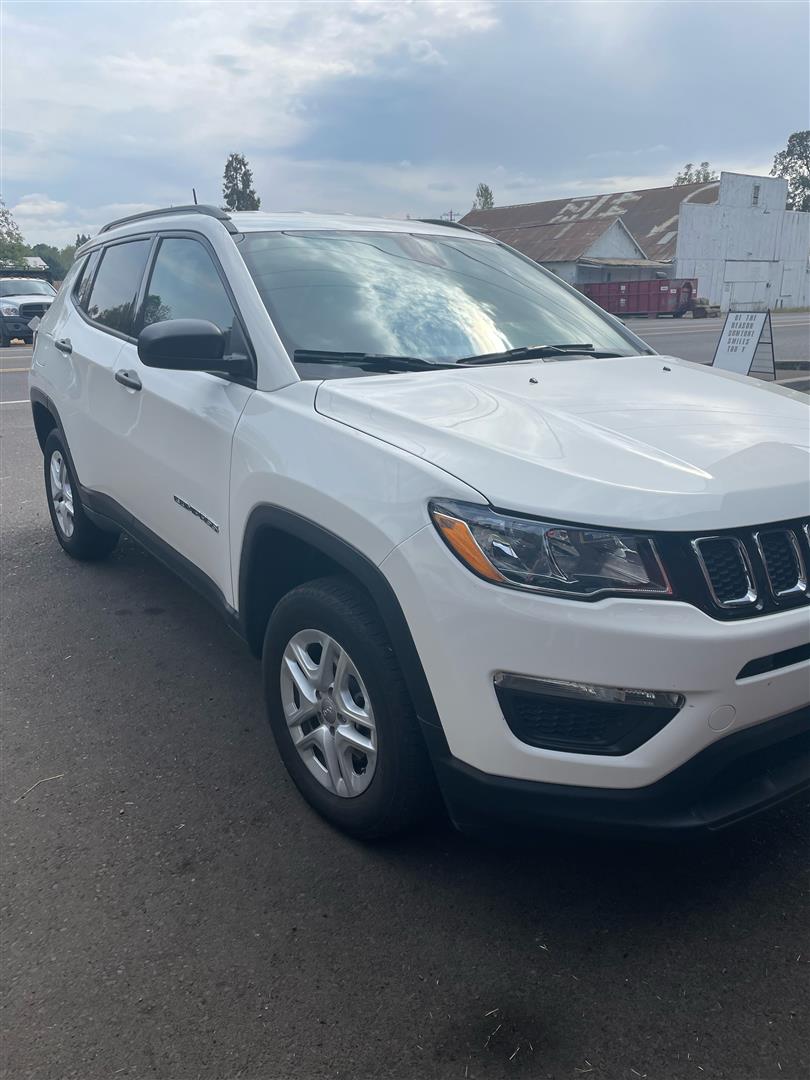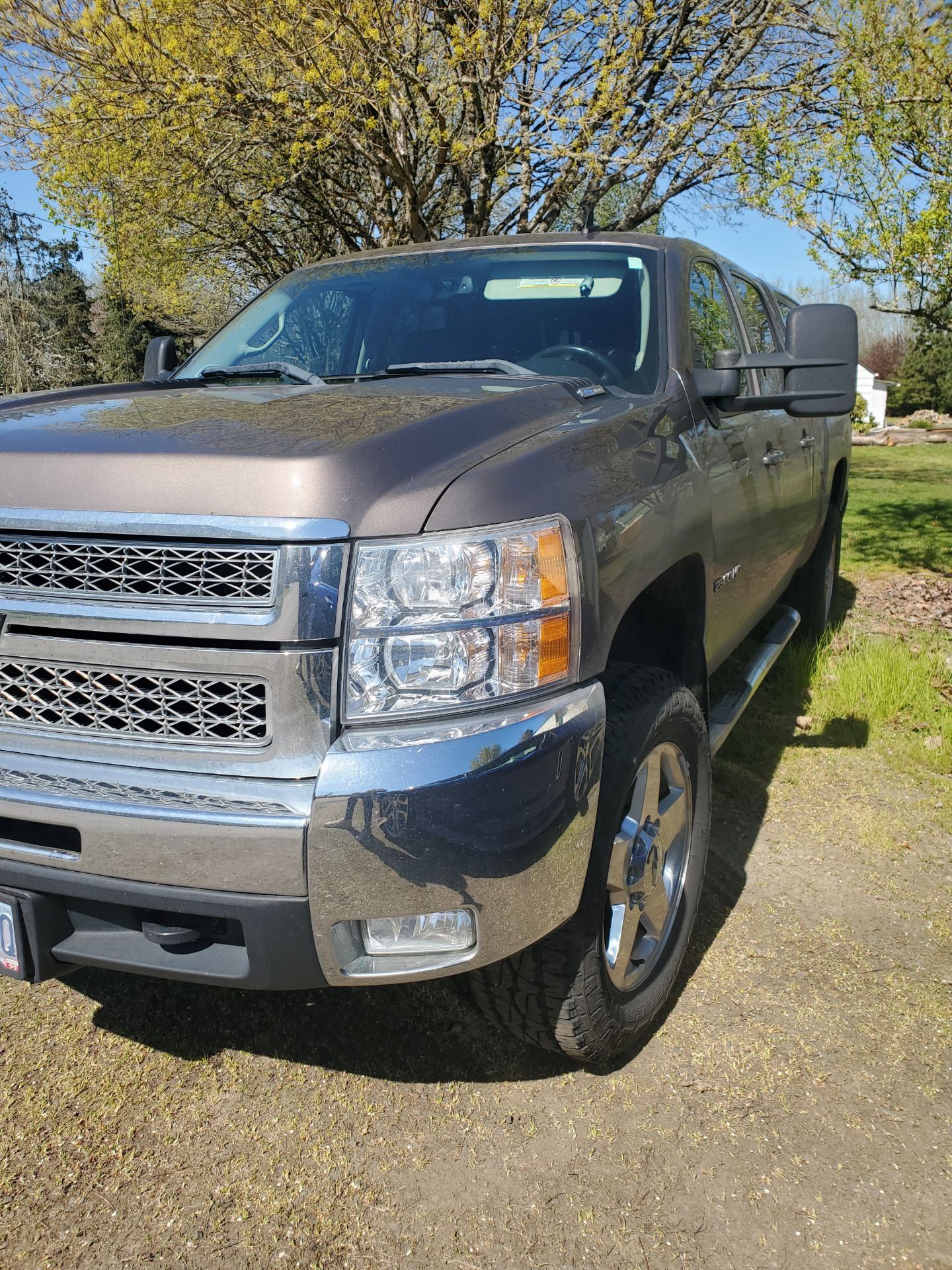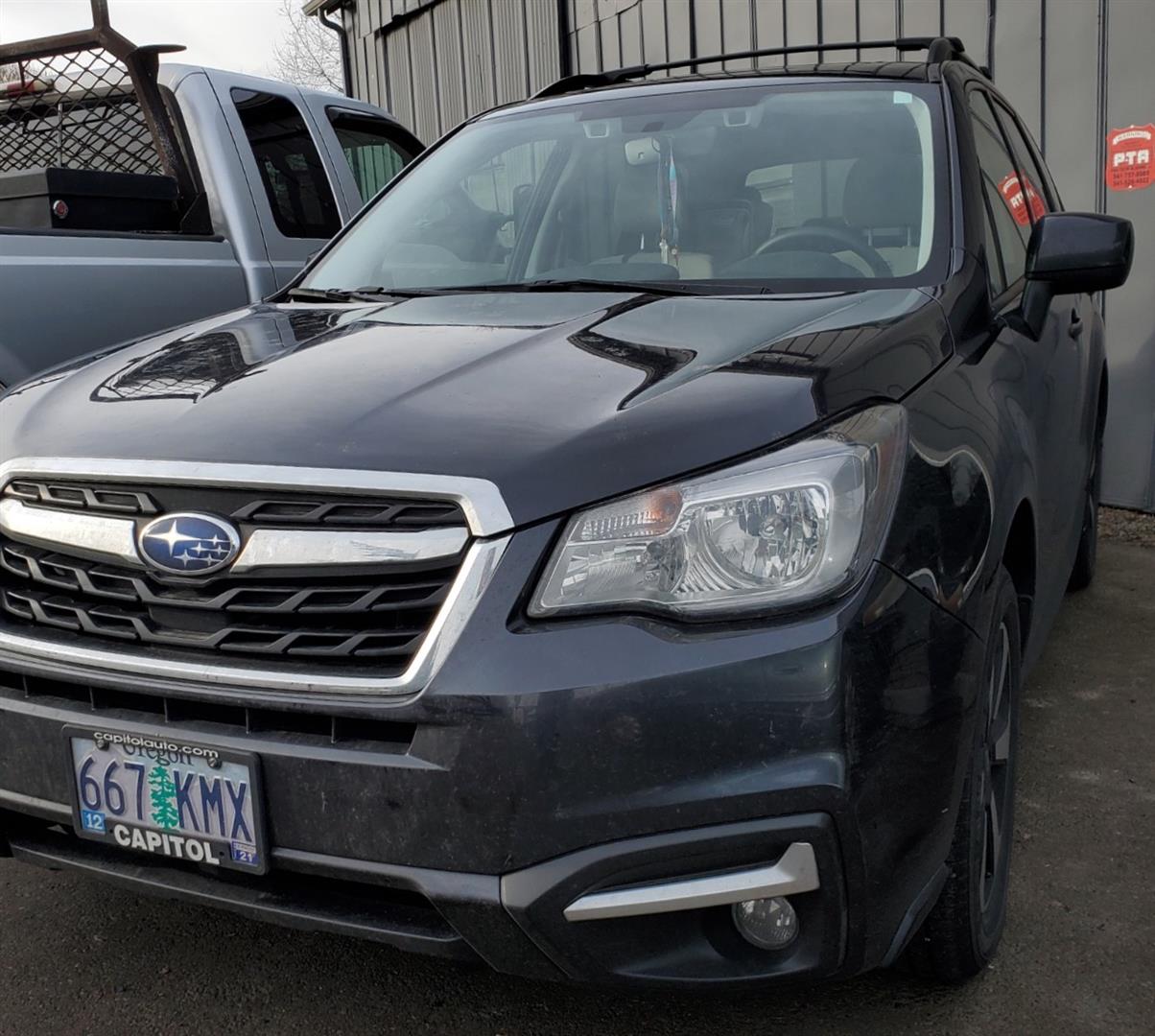Posted on 7/9/2024
Those who love Fords, love Ford diesel pickups - if you're a Chevy, GMC or Dodge person I will get to them too - I promise. Fords are renowned for their strength and reliability, there are a few things you should know about your diesel engine. This can help you maintain your truck and avoid costly repairs. Injector Failure - premature fuel injector failure which is often caused by poor-quality fuel. Symptoms include rough idling, misfires, and a significant drop in fuel efficiency. Regularly using high-quality diesel, changing your fuel filter and regular maintenance can prevent premature failure. They are a wearing part though so they will need to be replaced at some point. Turbocharger Problems - is your turbocharger lagging? Or has it failed? These problems might be due to oil contamination, wear, or excessive exhaust temperatures. Regular oil changes and keeping an eye on your truck's exhaust system can help prevent a ... read more
Posted on 6/28/2024
Seeing white smoke from your diesel engine can be alarming. Not only is it a sign that something isn’t right, but it can also indicate other underlying issues that may need immediate attention. White smoke from a diesel engine often indicates the presence of un-burned fuel or coolant in the exhaust system. When these substances are not properly combusted, they create a white vapor that exits through the exhaust. Typically un-burnt fuel causes black smoke, but we have seen it cause white smoke as well. The primary reason for white smoke is a coolant leak. When coolant leaks into the combustion chamber - and it doesn't belong there. It mixes with the diesel fuel, causing incomplete combustion. This result can be from a damaged head gasket, a cracked engine block, or a faulty cylinder head. A sure sign of a coolant leak is a sweet smell accompanying the white smoke or a noticeable drop in the coolant level. Another common reason for white smoke is ... read more
Posted on 6/21/2024
Youu might have heard the term "diesel engine runaway." This frightening phenomenon occurs when a diesel engine revs uncontrollably, often leading to severe damage if not promptly addressed. Understanding the causes behind this issue can help prevent it and help prepare you if it ever occurs. A diesel engine runaway happens when the engine starts to consume fuel uncontrollably. Unlike gasoline engines, diesel engines rely on compression to ignite the fuel, which means they can run on a variety of fuel sources, including engine oil or other flammable substances that might find their way into the combustion chamber. This is where the problem begins. One common cause of diesel engine runaway is a failure in the turbocharger. The turbocharger, which boosts engine power by forcing more air into the combustion chamber, can leak oil from its seals into the intake system. When this oil gets into the combustion chamber, the engine treats it as fuel. Since the engine can keep ru ... read more
Posted on 6/18/2024
Experiencing your car dying while driving can be a startling and stressful event. Understanding the possible reasons behind this issue is essential for both safety and peace of mind. Let's explore some common causes for this problem and how they can be addressed. Fuel System Issues A common culprit for a car dying while on the move is a fuel system problem. If your fuel pump fails or your fuel filter is clogged, the engine might not be getting the fuel it needs to keep running. Regular maintenance, including fuel filter replacement and checking the fuel pump, can help prevent these issues. Electrical Problems Electrical issues can also lead to your car shutting off unexpectedly. A failing alternator, for example, might not charge the battery properly, leading to a sudden loss of power. Similarly, problems with the wiring or ignition system can disrupt the electrical flow necessary for the engine to function. Keeping an eye on your battery’s health and having your el ... read more
Posted on 6/4/2024
The open highway beckons, promising adventure and escape. But before you buckle up and blast the tunes, a little preparation can ensure your road trip is smooth sailing (or cruising, as the case may be). This guide will equip you with the knowledge to get your car road-ready and yourself packed and prepped for an unforgettable journey. First off get a Checkup: Schedule a pre-trip inspection. They'll ensure your car is in tip-top shape, checking fluids, tires, belts, hoses, and lights. Fluids and Filters: Fresh oil, coolant, and wiper fluid are essential. Consider replacing air filters for optimal engine performance and cabin comfort. Tire Talk: Check tire pressure and tread depth. Don't forget the spare! A roadside tire change is much easier with a properly inflated spare. You can request this to be checked at your vehicle inspection. Pack an Emergency Kit: Be prepared for minor mishaps. Include a jack, lug wrench, jumper cables, flares, a fla ... read more
Posted on 2/16/2024
Maintaining a medium-duty truck is essential for ensuring optimal performance, longevity, and safety on the road. To simplify this process, we've compiled a comprehensive maintenance checklist that covers all the crucial aspects of keeping your medium-duty truck in top-notch condition. Follow this guide regularly to identify and address potential issues before they become major problems. 1. **Engine Checks:** - Regularly inspect your truck's engine for any signs of leaks, unusual noises, or changes in performance. - Check and change the engine oil according to the manufacturer's recommendations. - Inspect the air filter and replace it if it's dirty or clogged. 2. **Fluid Levels:** - Monitor the levels of essential fluids, including coolant, transmission fluid, brake fluid, and power steering fluid. - Top off fluids as needed and address any leaks promptly. 3. **Tire Inspections:** - Conduct ... read more
Posted on 2/13/2024

Your vehicle's engine is a marvel of engineering, but even the most robust engines need proper care to ensure longevity and optimal performance. At the heart of this care routine is the simple yet immensely important task of changing your engine oil. 1. **Lubrication and Friction Reduction:** Engine oil serves as the lifeblood of your vehicle's engine, providing vital lubrication to various moving parts. As your engine runs, these parts generate heat and friction. Clean and fresh oil forms a protective layer, reducing friction and preventing excessive wear and tear. Regular oil changes ensure that this protective layer is consistently maintained, preserving the health of your engine. 2. **Engine Cooling:** In addition to reducing friction, engine oil plays a crucial role in cooling the engine. As it circulates through the engine, oil absorbs heat generated during combustion. Over time, this heat absorption can cause the oil to break down and become less effective. Cha ... read more
Posted on 1/30/2024

As the temperature drops, a functioning car heater becomes a crucial comfort feature. However, discovering that your car's heater has suddenly stopped working can be both inconvenient and chilly. 1. **Low Coolant Levels:** Insufficient coolant levels can affect the heating system's performance. The heater core, responsible for warming the air, relies on a proper flow of hot coolant. If the coolant levels are low, it can lead to inadequate heating. Regularly check and maintain the recommended coolant levels to ensure optimal heater operation. 2. **Airlock in the Cooling System:** Air bubbles trapped in the cooling system can disrupt the flow of coolant, preventing it from reaching the heater core. Bleeding the air from the cooling system is essential to restore proper circulation and heater functionality. 3. **Faulty Thermostat:** The thermostat regulates the flow of coolant through the engine and heater core. A malfunctioning thermostat ... read more
Posted on 1/23/2024

While many vehicle owners are diligent about regular oil changes and tire rotations, the often-overlooked ball joints play a crucial role in the overall safety and performance of your vehicle's suspension system. In this blog post, we'll explore why changing your ball joints is not just a maintenance suggestion but a fundamental aspect of ensuring the safety and longevity of your vehicle. 1. **Steering Precision and Responsiveness:** Ball joints are pivotal components of your vehicle's steering system, connecting the steering knuckles to the control arms. As you turn the steering wheel, the ball joints allow for smooth and controlled movement. Over time, these joints can wear out due to constant movement and exposure to road debris. Changing your ball joints ensures that your steering remains precise, responsive, and free of any unnerving clunks or vibrations. 2. **Enhanced Tire Wear and Alignment:** Worn-out ball joints can lead to improper wheel alignment, causing une ... read more
Posted on 1/16/2024

Experiencing vibrations or shakes while driving can be disconcerting, raising concerns about your vehicle's performance and safety. 1. **Wheel and Tire Imbalances:** One of the most frequent reasons for a car to shake is imbalances in the wheels and tires. Uneven distribution of weight or tire wear can lead to vibrations, especially at higher speeds. Regular tire rotations and wheel balancing can help prevent this issue. Tire rotations should be done every 5,000 miles. 2. **Wheel Misalignment:** Misaligned wheels can cause uneven tire wear and result in vibrations. If your car consistently pulls to one side, it's a sign of potential wheel misalignment. Aligning the wheels properly can eliminate shakes and improve overall handling. We recommend an annual alignment for you vehicle. Pot holes and other hazards can cause your alignment to be misaligned. 3. **Worn or Unbalanced Tires:** Tires with uneven wear or those that ... read more